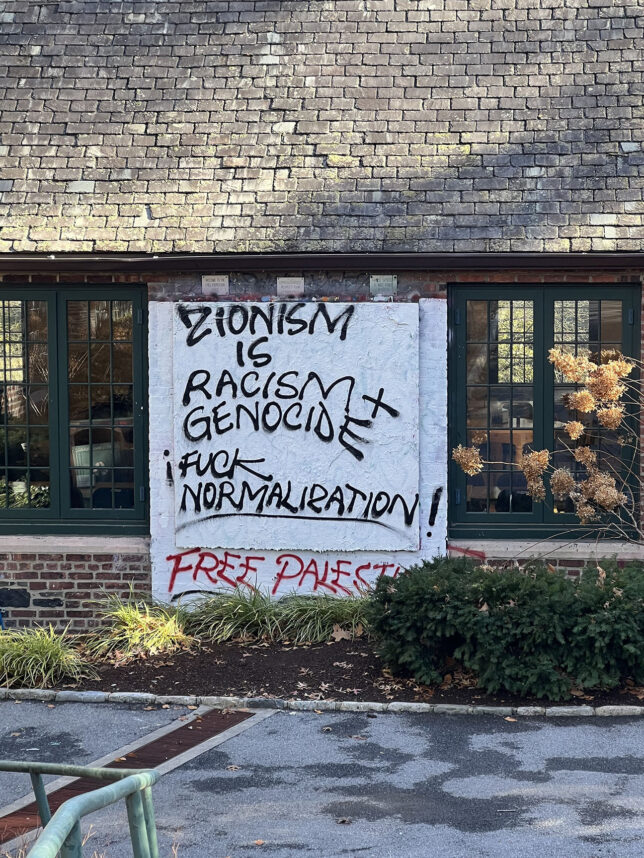
Today, we are witnessing an incredible wave of migrations. According to the statistics provided by the UN, currently, there are around 244 million international migrants living abroad. Warfare certainly plays a role here, given the fact many of migrants are actually refugees seeking shelter in foreign countries. Then, there are others who moved hoping for a better life standard and job opportunities. Whatever the reason behind migrations may be, different countries have different legislation when it comes to granting citizenship to newcomers. Various immigration policies have shown themselves more or less successful.
Canada
Canada is globally known as a country that welcomes immigrants and there is a good reason for that. Apart from being very affirmative when it comes to the idea of diversity, this country has been struggling with the lack of skilled workforce ever since its economic growth in the 1970’. Statistics from 2013 say that foreign-born population is now around 20% of the total population in Canada. Canadian government showed a kind, human face to the numerous cases of illegal immigrants in the U.S. who were fleeing the war and ended up hiding from the law. The country welcomed refugees and offered asylum, although the Canadian citizens were not that pleased with the sudden influx of immigrants, fearing that this decision might lead towards making their homeland less safe.
Singapore
Singapore is one of the countries that have tightened their immigration policies, mainly by limiting the number of accepted foreigners. Since 2009, this number got cut down to a half. The application process became more complex as Singapore government wanted to take a more rational approach towards country’s resources and relieve the infrastructural strain. The criteria have become more strict, but there are consultancy companies such as Immigration Solutions that support immigrants in getting their permanent residence license by helping them achieve up to 90% approval. Aligning all documents and forms with the ICA accepted standards remains a challenge for those seeking to move to this country.
Denmark
Denmark is known for being very culturally closed, which is perceived by others as a bit controversial given the fact we live in the age where concepts like multiculturalism and the sense of global unity are celebrated. Nevertheless, Denmark is very protective of its tradition and homogenous structure. The center-right government even offered £12,000 to immigrants who cannot assimilate into Danish culture, to go back to their homelands. Denmark is also known for its 24-year rule which states that a foreign person who is married to a Danish citizen can get citizenship only if both are at least 24 years old. The government stated the main purpose of this law is to prevent forced and fake marriages. However, it has drawn negative criticism as many perceive this legislation as a violation of human rights and an act of discrimination.
Sweden
Unlike its neighbor country, Sweden is known for its friendly openness towards foreigners: it even ranked number one among other 38 countries in the Migrant Integration Policy Index, in 2014. The country welcomed Muslim war refugees from Iraq, Somalia, and Syria, without any prejudices. Swedish migration policy has been praised as it thoroughly covers refugee and immigration policies, as well as the questions of repatriation and the support for repatriation. The country has collaborated with EU and UNHCR and made the immigration policies far less restrictive compared to the period of 1980’ and before. The reason why Sweden took such a tolerant position might hide behind the values nurtured by its Social democratic government, as well as the positive experiences the country had during the labor force migrations in the 1960’s.
There can be numerous factors influencing the migration policy of a country: from the economic position, culture, and type of civic society in question to historical experiences and ruling political ideologies. Undoubtedly, governments face a challenging task of finding a balance between keeping their countries safe and persevering the cultural heritage, while also helping those in need and opening doors to foreigners, that is – focusing on human relationships on a much higher level that goes beyond borders.


































